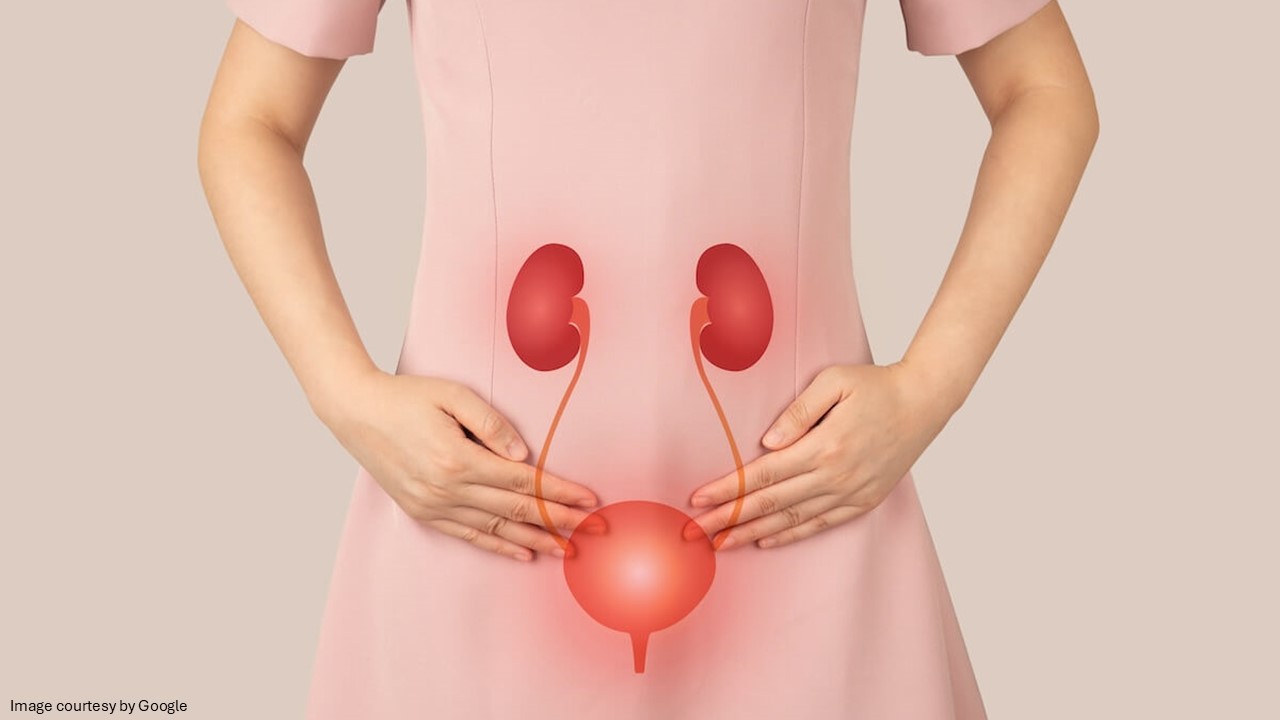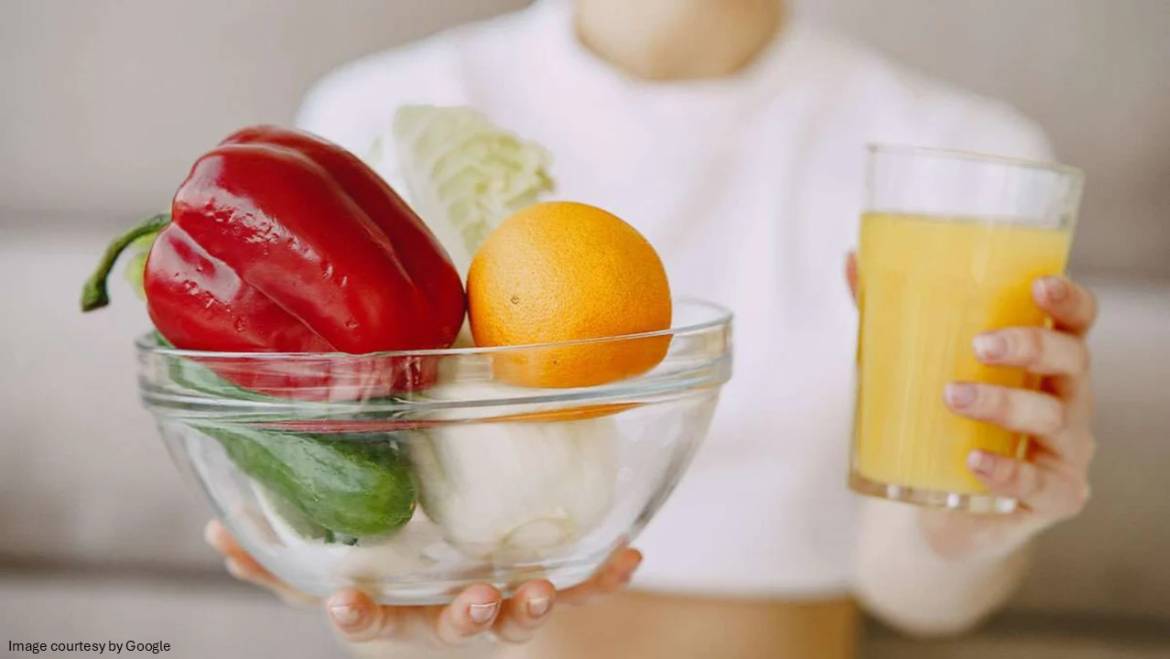The bladder is a hollow, muscular organ in the body that stores urine before it is excreted from the body. It is part of the urinary system, including the kidneys, ureters, and urethra.
Here is how the bladder works:
-
- Storage of urine – The bladder is located in the lower abdomen and can expand to hold urine produced by the kidneys. As the kidneys filter waste from the blood, they create urine, which travels through the ureters to the bladder. The bladder can hold about 400-600 milliliters of urine in a typical adult.
- Muscle control – The bladder has smooth muscle (called the detrusor muscle) that contracts when it’s time to empty it. The bladder also has two main sphincters—muscles that control the opening and closing of the urethra, the tube through which urine exits the body.
- Urination process – When the bladder fills with urine, stretch receptors signal the brain, and the sensation of needing to urinate occurs. When you decide to urinate, the brain sends signals to relax the sphincters and contract the bladder muscles, allowing urine to flow out through the urethra.
Essentially, the bladder serves as a temporary reservoir for urine, ensuring the body can control when and where to urinate. It is essential in maintaining fluid balance and proper waste elimination from the body.
Bladder health refers to the proper functioning of the bladder. Good bladder health means that the bladder can efficiently fill, store, and empty urine without discomfort or complications.
Factors contributing to bladder health include hydration, urinary frequency, avoiding irritants, maintaining healthy body weight, kegel exercise, proper hygiene, and managing health conditions.

Bladder problems
Bladder problems can include issues like urinary incontinence (leakage), urinary tract infections (UTIs), overactive bladder, or interstitial cystitis (bladder pain syndrome). If you experience symptoms like frequent urination, discomfort, or difficulty emptying your bladder, it may indicate that bladder health is compromised, and it is best to consult a doctor. Prostate and bladder problems in men are very common, especially in older adults.
To maintain your bladder, pay attention to a diet. Yes, your diet can play a significant role in bladder health. Certain foods and drinks can irritate the bladder, while others can promote its function and help manage symptoms of bladder conditions like urinary incontinence, bladder infections, and interstitial cystitis.
Food for bladder health should be selected wisely if your bladder is unhealthy. The best vitamins for bladder health help avoid triggering bladder issues. If you are an older male adult, know the right foods for healthy bladder and prostate to manage your condition well.
Everyone’s bladder responds differently to various foods, so keeping a food diary can help identify specific triggers and better tailor your bladder health diet. Find below the food to eat for bladder health.
Foods to eat for bladder health
-
- Water – Staying hydrated is crucial for bladder health. Drinking enough water helps dilute urine, reducing the risk of bladder irritation and infection.
- Best foods for bladder health - Foods like fruits, vegetables, and whole grains promote healthy bowel movements and prevent constipation, which can pressure the bladder. This is especially important for people with bladder issues.
- Cranberries – Contain compounds that may help prevent urinary tract infections (UTIs) by preventing bacteria from adhering to the bladder walls.
- Magnesium-rich foods – Magnesium helps relax the bladder muscles and can reduce spasms. Foods like spinach, almonds, and avocado are rich in magnesium.
- Lean proteins – Skinless poultry, fish, tofu, and legumes provide essential protein without causing bladder irritation that high-fat or processed meats might trigger.
- Non-citrus fruits – Apples, pears, and melons are gentle on the bladder compared to acidic fruits like oranges or pineapples, which can irritate the bladder.
- Herbal teas – Some herbal teas, like chamomile and ginger, can soothe the bladder and reduce inflammation. These are considered one of the best drink for bladder health. Just avoid those with caffeine or artificial sweeteners.
Foods to avoid for bladder health
-
- Caffeine – Found in coffee, tea, and soda, caffeine can irritate the bladder and act as a diuretic, increasing the need to urinate.
- Spicy foods – Chili, hot peppers, and other spicy foods can irritate the bladder lining, worsening urinary urgency and discomfort.
- Artificial sweeteners – Aspartame, saccharin, and other artificial sweeteners may irritate the bladder and worsen symptoms of urgency and frequency.
- Acidic foods – Citrus fruits, tomatoes, and vinegar can trigger bladder irritation, especially for people with interstitial cystitis or sensitive bladders.
- Alcohol – Alcohol can irritate the bladder and act as a diuretic, increasing the urge to urinate. It can also interfere with normal bladder function.
- Carbonated drinks – The bubbles in soda and sparkling water can increase bladder discomfort and contribute to urinary urgency.
- Processed foods – Foods high in sodium and preservatives, like packaged snacks or fast food, may cause fluid retention, which can pressure the bladder.
Conclusion:
To achieve better bladder health, eat balanced meals and avoid extremes in your diet (too spicy, salty, or sweet). Various whole foods will keep the bladder healthy and your body nourished. Practice bladder training by regularly going to the bathroom, even if you don’t feel the urge, to train your bladder to hold more urine. This can be especially useful for those with overactive bladder issues. Limit caffeine and alcohol; if you can’t completely cut them out, try reducing the intake and monitoring their effects on your bladder.


